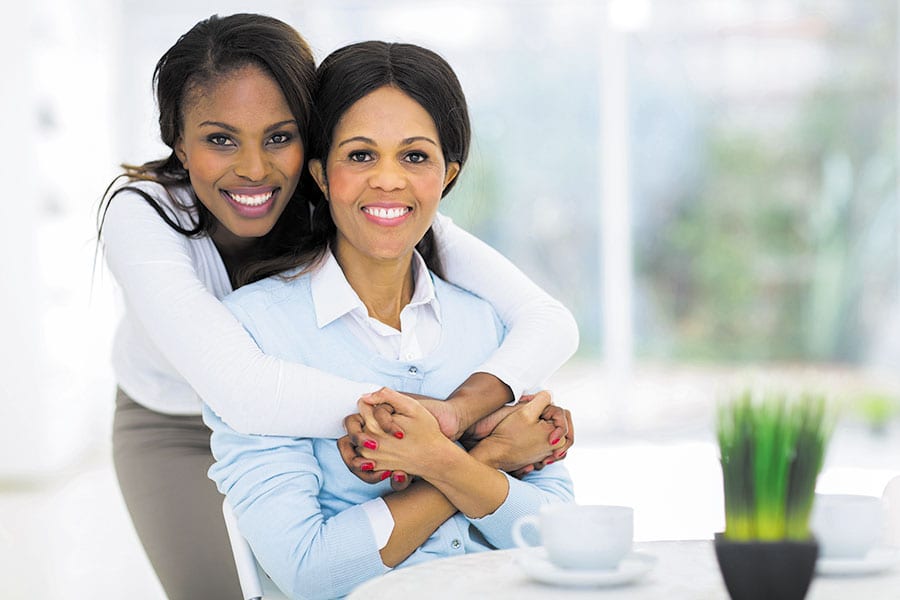Can lesbians just be friends?”

 Most women look through a different lens in our everyday walk through life because we have a natural inclination to feel protected and safe. This instinct becomes even more distinct when you’re a lesbian or bisexual woman.
Most women look through a different lens in our everyday walk through life because we have a natural inclination to feel protected and safe. This instinct becomes even more distinct when you’re a lesbian or bisexual woman.
We, as women, often know about the double standards between boys and girls — sexism, sexual harassment, physical abuse, workplace harassment and what it’s like to be discriminated against, mistreated or overlooked for a promotion, raise or job opportunity.
This discrimination, abuse and dysfunction even extends to and is prevalent in our households, our religious institutions, our educational sectors, our political sectors, the media and many of our social circles.
Simply because we are female — and especially because we are lesbian or bisexual women — we are bound to face unnecessary hardships and challenges. So it is imperative that within the LGBT community we are “friends” and not just lovers.
Another dynamic to consider is that black lesbian women face an entirely different struggle than any other gender or race. Because of the complexion of our skin, our race, our gender and our sexual orientation, we are not taken seriously. We are not just not favored, we are considered to be inferior per society’s standards.
You probably thought this article was going to be about lesbian relationships and how two women can find it difficult to get along or be “just friends.” While those are important to address, they are not the focus of this piece.
Maybe we can talk about those issues another time. But for now, I want to challenge not only lesbian women but the whole LGBT community to be conscious and deliberate about establishing positive and productive friendships and to create allies beyond your social circles.
We can raise awareness, ensure protection, establish togetherness and encourage growth between our lesbian sisterhood and society.
© 2018 by Giselle Antionette Wallace












